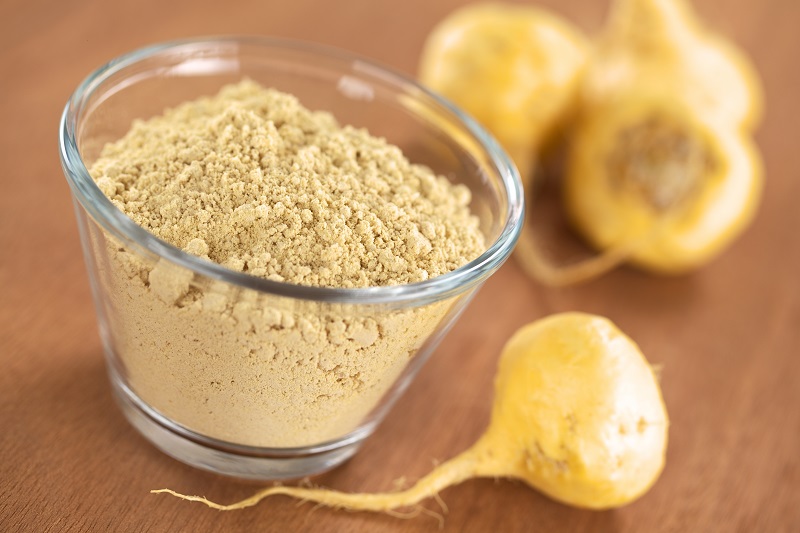Veganism is about more than food, and vegan products aren’t just for vegans. In the skincare industry, there’s increasing demand for vegan products based on the ethical and environmental advantages of avoiding animal-derived ingredients.
Producing 100% vegan skincare products is a worthy challenge that requires rigorous standards and reliable business partnerships. In the sections below, we’ll highlight the key considerations for transitioning to and maintaining high-quality vegan skincare formulations.
What Constitutes a Vegan Skincare Formulation?
Vegan cosmetic formulations are 100% free of animal products, including byproducts such as milk or honey. Vegetarian products, on the other hand, are merely free of meat. Thus, skincare products are generally described as vegan or non-vegan since the vast majority would qualify as vegetarian.
The most commonly used animal-derived products that vegan skincare brands must avoid include:
- Bee honey
- Collagen (from animal bones or skin)
- Lanolin (from sheep wool)
- Squalene (from shark liver)
- Carmine (from crushed insects)
- Glycerine (from animal fats)
Distinguishing animal-derived and vegan ingredients involves sorting through ambiguous names. Animal-derived products generally do not have names that clearly indicate their source material and some ingredients go by multiple names. For example, carmine is also known as “natural red 4” and “E120”.
For every animal-derived ingredient, there’s a vegan alternative. For example, sheep lanolin, which is used to soften skin, can be replaced with plant-based oils.
An additional consideration for ethical skincare is “cruelty-free”, which indicates that a product was not tested on animals. Some products are vegan but not cruelty-free, while others are cruelty-free but not vegan. These complications underscore the importance of thorough ingredient auditing and careful collaboration with vendors and manufacturing partners.
The Reformulation Process: Steps and Considerations
Converting a skincare product to a vegan skin care formulation begins with an ingredient audit. For each animal-derived ingredient, lists of potential vegan replacements must be compiled.
Next, formulation chemists can begin exploring new vegan ingredient combinations. This involves trying out different ingredients, adjusting ratios, ensuring stability, and testing safety and efficacy.
The final reformulated product must meet or exceed the performance of the original. Then, the transition can be communicated to customers and other stakeholders, emphasizing transparency and the benefits gained from switching to vegan ingredients.
Private-Label Manufacturers: A Viable Solution for Vegan Transitions
If you run a supplement brand and want to convert some products to vegan formulations, working with a private-label skincare products manufacturer may be an ideal solution. An experienced manufacturer has the necessary resources and expertise to identify suitable new ingredients, develop new formulas, and perform testing—rapidly turning your ideas into realities.
When choosing a private-label manufacturing partner, look for one with proven experience in vegan formulations and reformulations. Additionally, great manufacturing partners emphasize quality control, certifications, customization, and transparency.
Maintaining Vegan Integrity When Switching Manufacturers
Initiating a partnership with a new manufacturer involves a thorough exchange of information. This is especially true for developing products with strict specifications, such as 100% vegan formulations.
The supplement brand provides its manufacturer with existing formulations, goals for new products and reformulations, and requirements regarding certifications and ingredient restrictions. Meanwhile, the manufacturer provides full transparency regarding product sourcing, operations, and testing.
A private-label manufacturing relationship relies on trust and communication. Ideally, a sense of shared values can provide a foundation for a mutually beneficial relationship.
Labeling and Marketing Your Vegan Skincare Line
If your brand has invested time and money to produce vegan products, then those items should be proudly labeled. Many customers scan shelves for “vegan” labels, so it’s important to make that word stand out.
In smaller print, labels can include text that further specifies ingredient characteristics and educates consumers about the benefits and ethos of vegan skincare. Communicating the premium status and ethical advantages of vegan products is also helpful in explaining prices that are higher than non-vegan options on the same shelf.
If your products have received certification for vegan or cruelty-free ingredients, the seal should be clearly visible, but secondary to the product and brand names.
While proudly indicating vegan status and other distinctions, remember to avoid labeling that could be considered “greenwashing”, i.e. making exaggerated or misleading claims about environmental responsibility. Intentional or accidental greenwashing can quickly lead to ethical, reputational, and legal pitfalls.
Make the Switch to Vegan Ingredients for Your Skincare Line
If your skincare brand is ready to begin or expand a line of vegan liquid products, Yellow Emperor can help. Contact Yellow Emperor today to get a quote on private-labeled liquid formulas.







